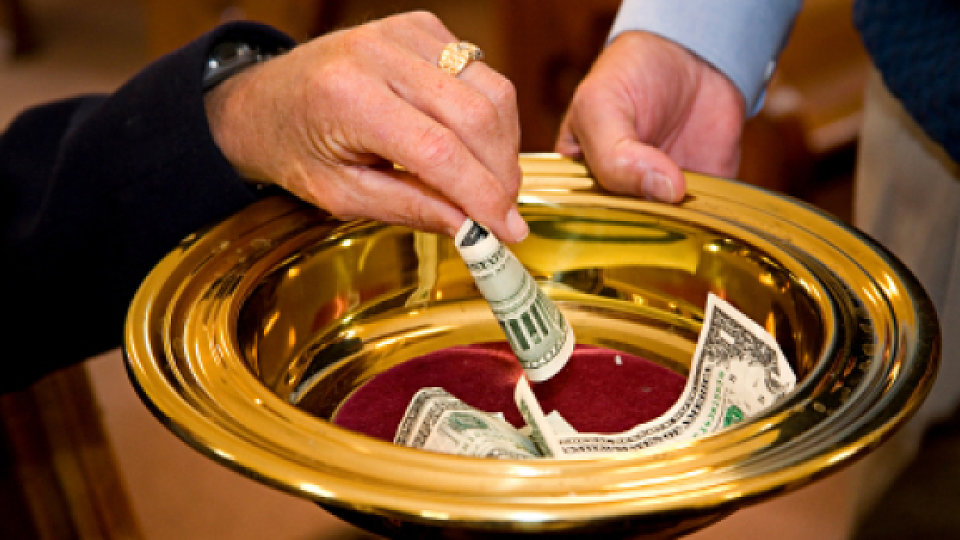The Price of Ending the Charitable Deduction

I’ve been following with interest the conversations in Washington about the fiscal cliff and the debate about how to raise revenue while cutting government expenditures. Some are proposing raising the tax rates on the top 2% of income earners. Others are proposing keeping the tax rates the same but ending certain deductions including the deduction for charitable donations. Generally, when it comes to politics, I try to remain neutral in my posts. But this issue is one that directly affects churches and all of the mission partners serving the poor, providing disaster relief, and more. I was speaking with one of our members this week, who is a part of the top 2% of income earners. He asked me what I thought about these two options for addressing our fiscal crisis. I asked him, “You’re a part of the 2%; what do you think?” He noted that his regular tithe – giving the first 10% of his income to God – would not change – this is a spiritual commitment he’s made apart from tax laws. But he said, “We’ve been committed to giving away more than this.” He told me that he’d had a bonus of $100,000 and he and his wife chose to give it away, $50,000 to a ministry serving the poor, and $50,000 to the church’s Christmas Eve offering benefitting children in poverty. He noted, “I am wiling to pay more taxes if my increased taxes will be used to reduce the deficit and increase our country’s fiscal health. But I don’t think removing the charitable deduction is the way to do this. Doing so will have a direct effect on what we can give above our tithe. If Kansas followed the federal government in ending the charitable contribution deduction, I’d have to pay $45,000 on my $100,000 bonus, even if I planned to give it away. In the end I would have to reduce what I was giving to those in need by $45,000 to cover the taxes. It seems to me that this solution hurts the organizations we most need to support as government seeks to reduce services. I’d rather raise my tax rate and keep the charitable deduction.” This is one place where many on the left and the right agree. Nearly all non-profit leaders I’ve spoken to are concerned about the possibility of ending the charitable deduction and the impact it will have on their work. Churches, social service agencies, non-profit hospitals, colleges and universities, museums, and all other non-profits could see a reduction in giving, even as the Federal Government is reducing services as it seeks to cut expenditures. This move could directly impact not only churches, but likely even more, those mission agencies we pattern with to serve the poor, provide disaster relief, care for the elderly, and serve people with a variety of needs across the country and around the world. Americans are the most generous people on the face of our planet. We give generously because we care. But our tax policies also encourage generosity by ensuring that we are not taxed on what we give away to approved non-profits. It is this generosity that makes possible the organizations that serve those in need, the institutions that deepen our faith or which provide education, and those cultural and religious entities that enrich our lives. We’ve got to get our fiscal house in order as a nation. That will require some combination of reducing expenses and increasing revenue. Eliminating the charitable deduction has no impact on those who currently don’t give any of their income away, but it penalizes those who are generous in giving and the organizations that depend on our generosity. I invite you to do two things: Pray for wisdom for our legislators as they seek to find a solution to our fiscal challenges. Contact your legislator and the White House to express your feelings about the charitable deduction. Click here to e-mail your congressman, senator or the White House. This really matters, and now is the time to contact them.